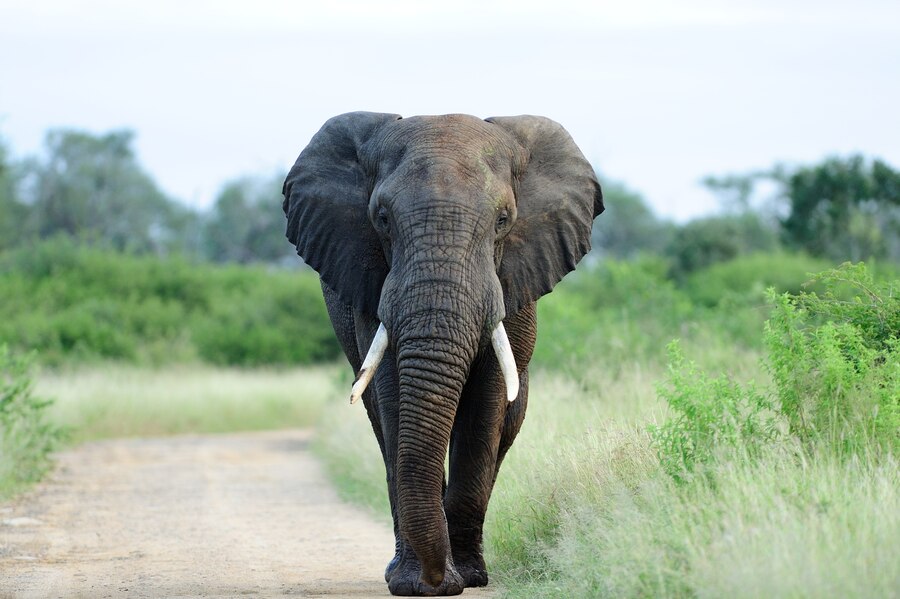Botswana has issued 400 elephant hunting licenses for the upcoming season, sparking fresh opposition from conservationists. International hunters can pay up to $50,000 to obtain a license to hunt an elephant, a practice that has drawn significant concern from wildlife advocates.
A recent notice from the Wildlife and National Parks department revealed that elephants, alongside other wildlife species, will be included in the list of animals available for hunting. Botswana’s hunting season runs from April to November, attracting hunting enthusiasts from around the world.
However, following the announcement, a group of local and international conservationists has petitioned Botswana’s new government, which took office after the October 30 general election, to halt the practice of trophy hunting. Oaitse Nawa of the Elephant Protection Society, one of the organizations leading the petition, expressed surprise that the government had released the hunting quota for the new season without sufficient consultation with stakeholders.
“We did a petition — the idea was to ask the government to take time and stop the elephant quota in the meantime because there was not enough consultation regarding all the stakeholders,” said Nawa. “For this quota to come out, it was a big surprise to us.”
In early December, the government held a consultative meeting to determine the number of animals to be offered for hunting. Nawa and other petitioners are calling for the new government to intervene and put an end to the hunts.
“It is a very big concern looking at the fact that hunting does not benefit the community,” he added. “Anything that has to do with hunting has to be reviewed. Remember, we are still dealing with the old regime, and we are not surprised to see them come up with these numbers.”
The government, however, defended its stance, stating that nearly $3 million was raised by local communities in the previous hunting season, primarily from the sale of elephant licenses.
Conservationists argue that targeting male elephants disrupts breeding patterns and has negative consequences for the species. Isaac Theophilus, chief executive of the Botswana Wildlife Producers Association, disagreed with the petition, calling it “misguided.”
“Trophy hunting does not target prime breeding bulls,” Theophilus explained. “It is highly selective and targets animals that are past their breeding prime, so it does not affect breeding patterns.”
Dr. Erik Verreynne, a wildlife management expert and biologist, further defended the practice, stating that hunting is unlikely to impact elephant populations in Botswana. “It’s highly unlikely that we are going to see an impact on the breeding rate or population growth of elephants,” he said, noting that with a population of 130,000 to 140,000 elephants, hunting 400 bulls will have a minimal effect.
Botswana, home to the world’s largest elephant herd, resumed trophy hunting in 2019 after a five-year moratorium. The country also faces one of the highest rates of human-wildlife conflict globally, as elephants encroach on human settlements in search of water and forage.












